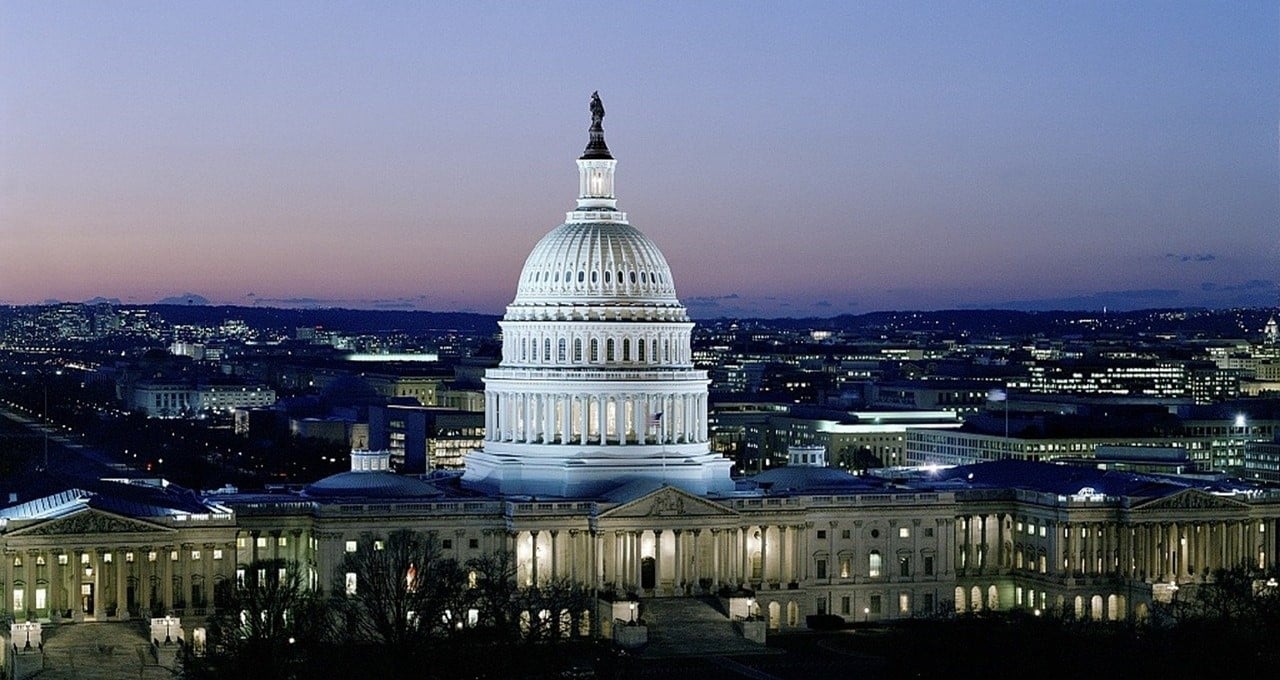The U.S. federal government has embarked on the greatest technology transformation the world has ever undertaken — the development and implementation of AI.
Since the Executive Order on Maintaining American Leadership in Artificial Intelligence was signed in early 2019, we’ve witnessed a commitment to a technology and transformation unlike anything before. Recently, the Office of Management and Budget dedicated $1 billion to non-defense R&D focused on AI. The General Services Administration, the National Science Foundation and others have launched efforts to build AI Centers of Excellence. And we’re just getting started.
AI is the solution to a wide range of the challenges faced by the U.S. today. For example, government has long sought out better ways to protect citizens in the wake of natural disasters, as well as cut the billions of taxpayer dollars spent each year on waste, fraud and abuse. AI can also help to streamline essential services like how the U.S. Postal Service processes mail and re-envisioning logistics and platform maintenance. Today, AI is addressing what is quite possibly the greatest scientific challenge we’ll encounter in our lifetimes: assisting in the medical discoveries that will eventually treat and prevent the COVID-19 virus.
While the challenges are clear, the government’s plan to allocate resources to address them through AI is not. Significant investments are necessary. The Stanford Institute for Human Centered Artificial Intelligence’s Need for a National Vision, recommends the federal government invest $120 billion in AI over the next 10 years. This closely mirrors the Center for New American Security’s recommendation for an investment of $100 billion. Beyond financial investment, AI creates a critical need for talent in a space that didn’t even exist a decade ago.
The U.S. federal government is fully committed to AI, but this isn’t a journey any one entity can accomplish on its own. It requires collaboration and investment across government, industry and academia; education and training to ensure our government has the talent and skills needed to take on this immense opportunity; and awareness and access to use cases that illustrate what AI can achieve.
NVIDIA is committed to making AI a reality for government. Our GPU Technology Conference creates a platform for developers, researchers, engineers and federal AI leaders and innovators to collaborate and help advance AI within their organizations. The NVIDIA Public Sector Summit at GTC 2020 is created specifically to help the public sector create new AI realities by addressing needs for collaboration, talent and learning together.
Creating AI Possibilities Together
The investment needed for true AI achievements is daunting. But it doesn’t need to be something government takes on completely on its own. Partnerships with academia and industry can bolster the U.S. government and efforts are already being made to create a framework for making the computing power and data resources AI requires accessible.
The Public Sector Summit features perspectives from government AI leaders and changemakers, including former federal CIO Suzette Kent, retired Lieutenant General Shanahan and legislators, including Reps. Hurd, Kelly and McNerney. Speakers from institutions paving the path to AI success, including CMU, Stanford, RAND and The National Security Commission on AI, will share their lessons and research.
Most importantly, the event will also serve as a platform to unite leaders and innovators who can elevate each other to advance the AI journey. In a world where making connections is increasingly difficult, GTC will facilitate peer networking and act as a starting point to launch relationships for AI collaboration.
Building the AI Workforce of Tomorrow
The demand for talent creates a need for specialized training that no one entity is able to achieve alone. The Center for Security and Emerging Technology’s Strengthening the U.S. AI Workforce report concludes that AI competitiveness will depend on the ability to attract and maintain top AI talent, but even so, the demand far exceeds the number of available experts.
GTC offers unique training and education opportunities for attendees, including hands-on, instructor-led training through the NVIDIA Deep Learning Institute. In-depth workshops focus on AI, accelerated computing and accelerated data science to educate and prepare developers and data scientists to tackle the ever-changing world of AI and build workforce skills so government can continue to pursue new AI possibilities.
Learning from the Ingenuity of Others
As AI emerges as a reality for public and private sector organizations, there’s a lot to be learned simply by hearing from others’ successes. GTC creates an opportunity to hear from AI leaders, innovators and even startups that are creating impressive new realities with AI. Mark Barnell, a principal computer scientist at the Air Force Research Lab, will share how edge computing is improving decision making. FCC Chairman Ajit Pai will discuss what AI means for 5G innovation. And experts from around the world will offer examples in cybersecurity, medical discoveries and more.
The AI revolution is here, but it’s only possible through a public-private partnership. To take part, join us at the most important GPU and AI developer conference of the year, GTC 2020, from October 5-9. And don’t miss the exclusive Public Sector Summit special event on October 8.
Registration for GTC is free when you sign up with a university, government, or nonprofit email address.
